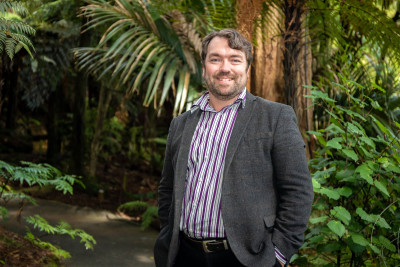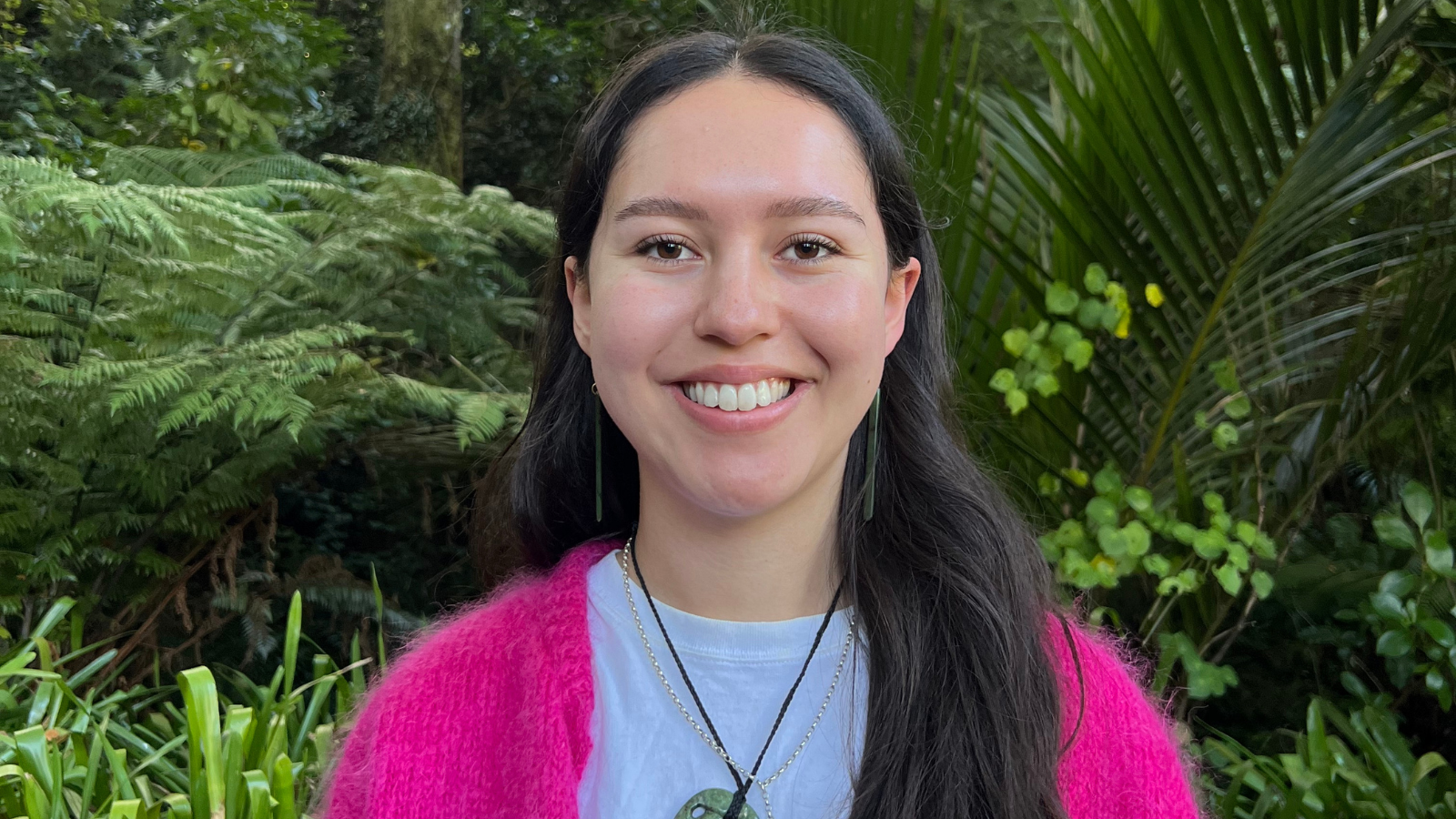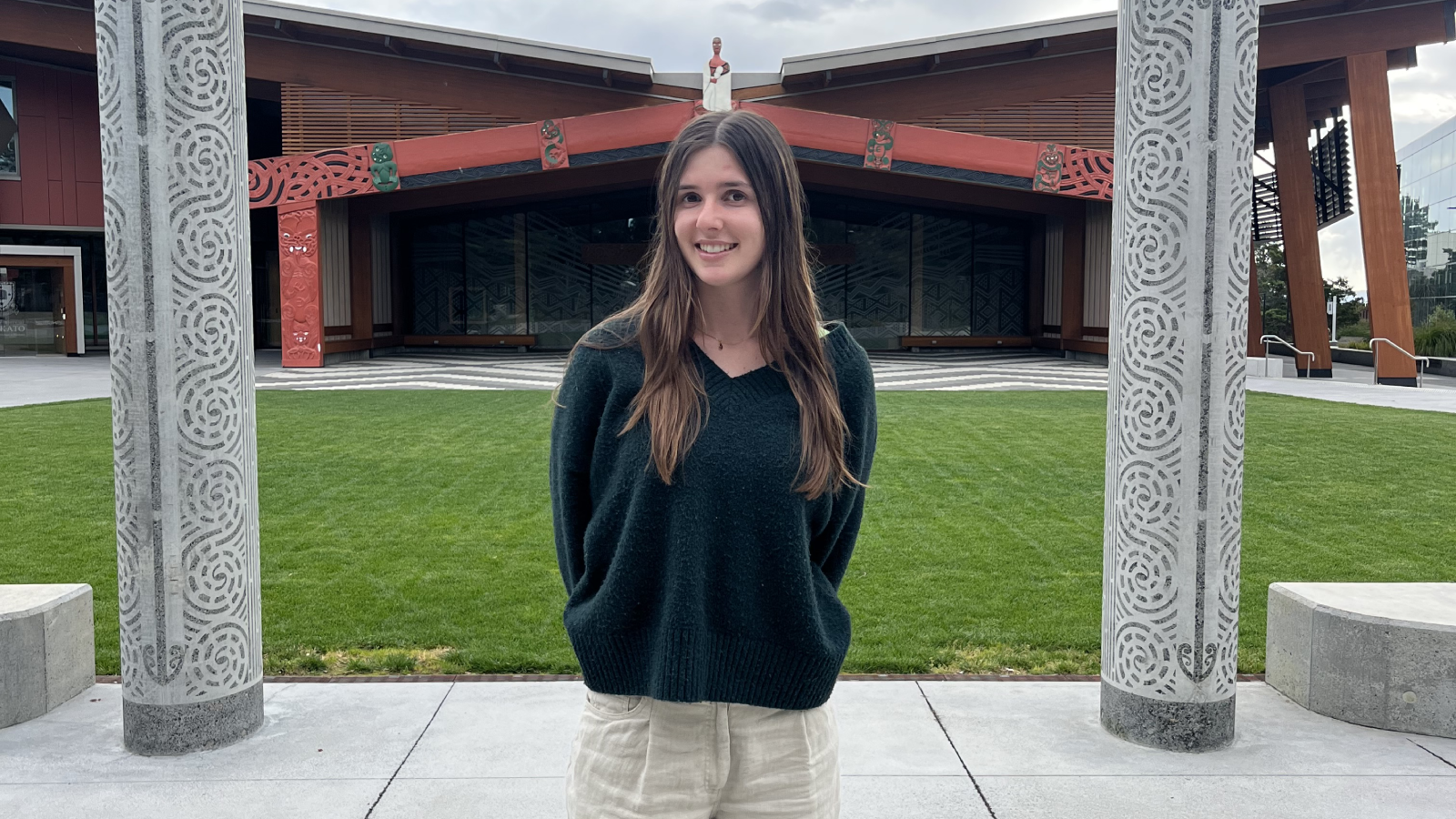 Co-led by Professor Vincent Reid, Head of School for Psychological and Social Sciences at the University of Waikato, alongside colleagues from the University of Otago and the University of Auckland, Kia Tīmata Pai (Best Start study) is a longitudinal study that began in 2021 when its participants were 1.5 years old.
Co-led by Professor Vincent Reid, Head of School for Psychological and Social Sciences at the University of Waikato, alongside colleagues from the University of Otago and the University of Auckland, Kia Tīmata Pai (Best Start study) is a longitudinal study that began in 2021 when its participants were 1.5 years old.
The research team is seeking the best way to support young children to develop their skills related to language and self-regulation, the ability to recognise and control emotional responses.
Regulating one’s thoughts, feelings, and actions predicts health, wealth, and well-being in adulthood, in part because self-regulation helps children engage in school.
Professor Vincent Reid.
Drawing upon his expertise as a developmental neuroscientist, Professor Reid’s involvement is the design and implementation of the core programme of work related to brain function and brain development, which he does from the Liggins Institute at Auckland University and in Christchurch.
The study follows more than 1600 children in 136 early childhood centres, whose teachers are trained to use activities that promote self-regulation and oral language (English and te reo Māori), in contrast to an active control group.
It includes 19 researchers and practitioners from six countries and 11 universities*, working with three community partners – BestStart Educare, Methodist Mission Southern, and the National Library of New Zealand.
The study received initial funding from the Wright Family Foundation, and the Marsden funding means that the researchers can follow the participants for longer than the four years initially proposed.
“Mapping how the intervention affects brain development and the neural basis of learning over the long term is at the core of what we are doing,” Professor Reid says.
“This funding unlocks our understanding of the critical primary school years, during which we’ll uncover the social, cognitive, and biological basis of self-regulation and academic achievement.”
Professor Reid became involved in the project in 2022 when it was realised that specialist expertise in infant and child brain development was required in the core team. He works alongside Professor Elaine Reese from Otago’s Department of Psychology, and Professor Justin O’Sullivan, Director of the Liggins Institute.
The Marsden Fund Council Award, which this project received, supports large interdisciplinary projects with three years’ worth of funding, capped at $1 million per year.
Deputy Vice-Chancellor Research Professor Gary Wilson says he is pleased to see this collaboration awarded funding.
“It is often when people with different areas of expertise work together that we are best positioned to deliver research impact. This interdisciplinary project has the potential to revolutionise childhood education, and I’m pleased to see Waikato as part of it alongside our colleagues at Otago and Auckland. I look forward to news of the impacts these studies have as they come to light.”
The University of Waikato received Marsden funding support for ten other research projects in this year’s round. Its allocation of $7.4 million is the University’s second highest to date.
Regarded as the hallmark of excellence for research in New Zealand, the Marsden Fund supports researchers in science, engineering, maths, social sciences and the humanities to explore bold ideas that can have significant impact on the future of their discipline.
Read more about the University’s success in the Marsden Fund here: University researchers receive funding for ten groundbreaking projects.
* The universities involved are University of Otago, University of Waikato, University of Auckland, Victoria University Wellington, University of Wollongong, Harvard University, Temple University, University of Minnesota, Peking University, National University of Singapore, and University of Aarhus.



